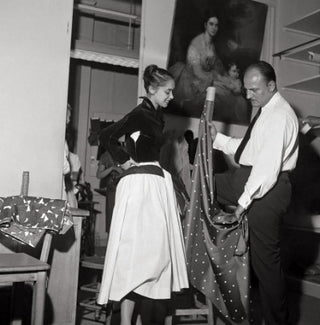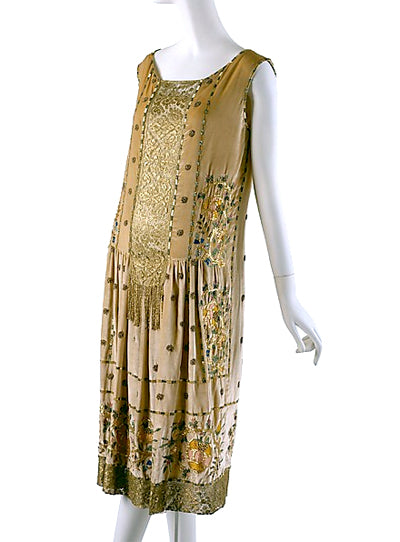
I've noticed a couple of things lately that bother me. About us, the humans.
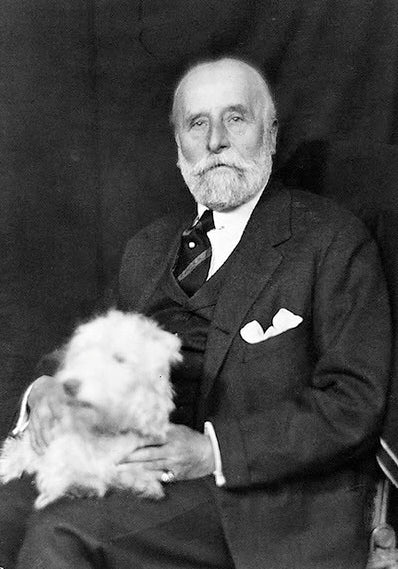
1. The first thing I've noticed is that we simply aren't as patient as we used to be. I've seen it with recent college graduates who want to be at the peak of their careers before they even get their first jobs, and with people who can't spend time just being with other people without checking their phone messages or taking their turn on Angry Birds, or Instagramming every moment of their very important lives There is a national epidemic of impatience.
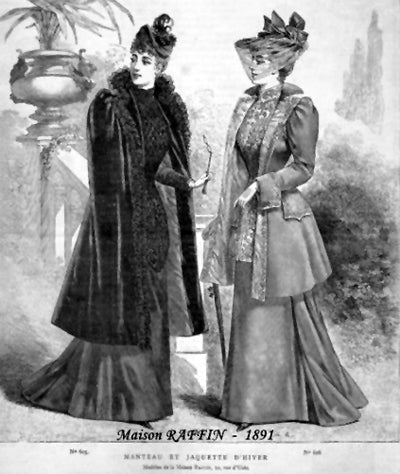
2. The second thing I've noticed is that we are know-it-alls and a little arrogant. Instead of admitting that we really don't know everything, and wanting to learn everything we can from those who know much more, we are obsessed with self promotion and pretending to have all of the answers. We think that we can be the next reality star or winner of Project Runway, American Idol or The Voice, and avoid the many years of hard work it takes to become a success for 99.9% of the world. We think will be the .1% that can do it the easy way. We think we are very special and don't really need what other people have to offer.
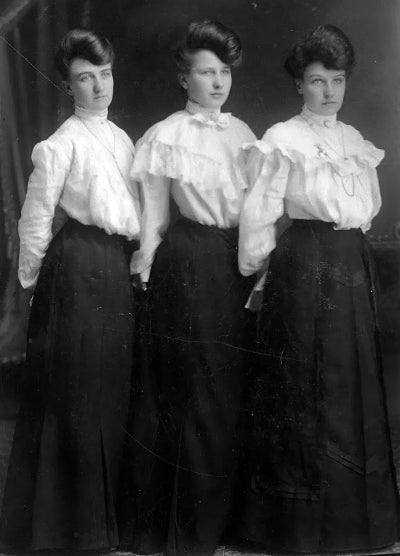
So what on earth does that have to do with fashion? Everything.
The designers who made it in the beginning of couture fashion understood that they needed to learn a few things first. Most of them were super-naturally talented, some were considered to be geniuses. But none believed they could achieve success from talent alone. They knew that working hard, patiently paying dues, and developing actual skills would be as important as luck and talent.
But most of all, these designers understood the importance of learning from each other. Though they all had individual style and preferences, most had apprenticeships, or were mentored by other designers for years before they started their own fashion houses. Were some of them arrogant? No doubt! But they spent years of their lives working hard, earning the right to a little arrogance.
So, as we look at a few of the original couturiers of the 20th century, see if you think things have changed.
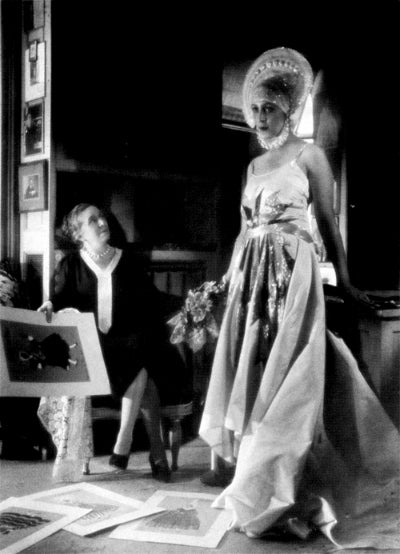
Jeanne Lanvin was an apprentice milliner at Madame Félix in Paris at the age of 16. She then trained as a dressmaker at Talbot before becoming a milliner 6 years later on the rue du Faubourg Saint-Honoré in Paris in 1889.
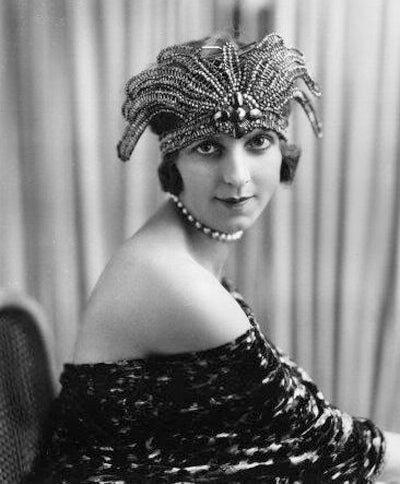
Before opening her own fashion house, Jeanne Paquin trained as a dressmaker at Maggie Rouff.
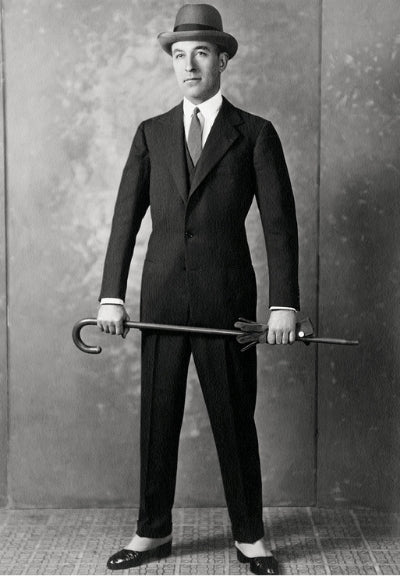 Jean Patou
Jean Patou
Jean Patou was born into a family that owned a tanning and fur business. He worked in the family business for years before opening his own couture house.
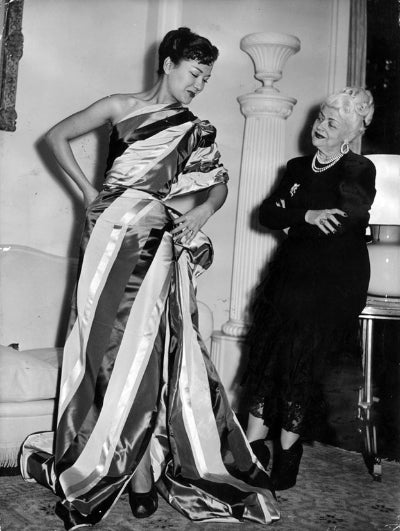
Nina Ricci became a seamstress apprentice at the age of 13. She went on to work at the Parisian House of Raffin for 20 years before starting her own label in 1932.
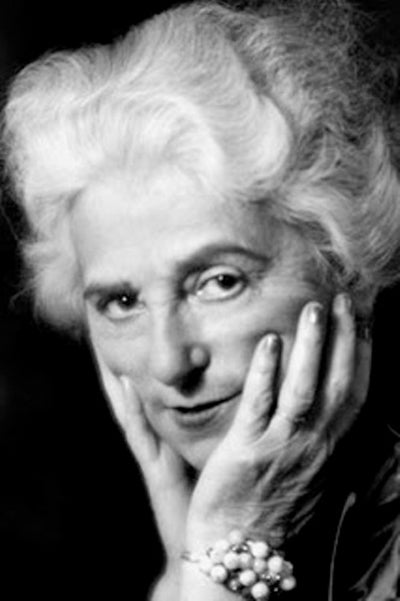
Madeleine Vionnet became a seamstress apprentice at the age of 11. 25 years later, after working as a seamstress at a hospital and for Callot Soeurs and then Jacques Doucet, she opened Vionnet.
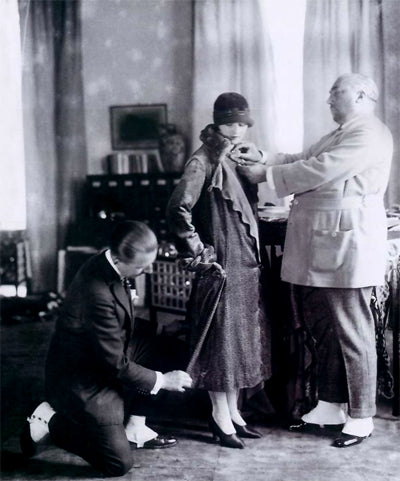
Paul Poiret went to work as a young child as an apprentice to an umbrella maker. He then sold sketches to couture fashion houses. including the Parisian dressmaker Madeleine Chéruit.he for years He went on to work for Jacques Doucet for 7 more years until he opened his fashion house.

Maggy Rouff worked as a young girl for many years in her family's fashion house, Drecoll, before ever branching out on her own.
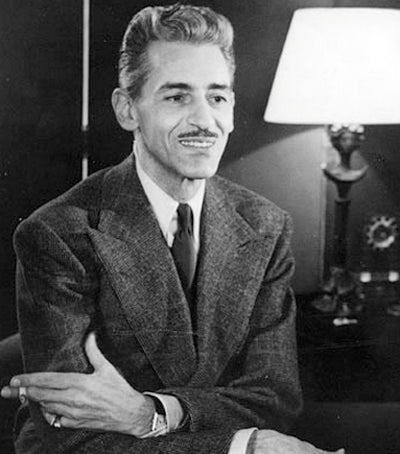
Robert Piguet spent years having his drawings rejected by the house of Lanvin. He worked as a shoe designer for Bally and as a dressmaker until he opened his own house 15 years later.He trained many important designers, including, Dior, Balmain, Givenchy, Boham, and Galanos.
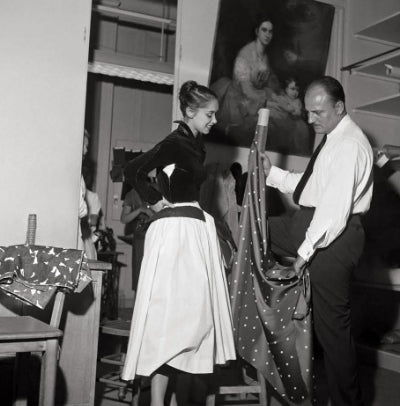
Pierre Balmain helped his mother and sisters in their sewing business before going to college. He left college early to work for Edward Molyneux and then for Lucien Lelong for years until he started his own business.
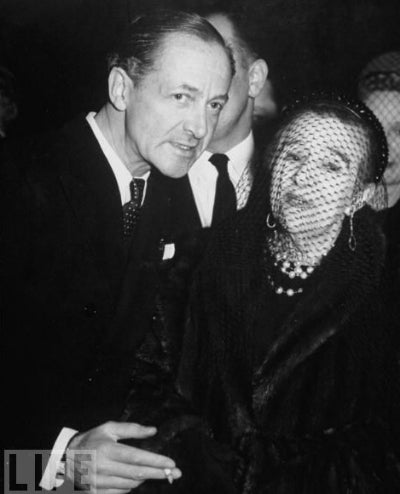
Edward Molyneux worked for years as an illustrator and then for the couturier Lucile as a sketcher before eventually becoming a designer for her.
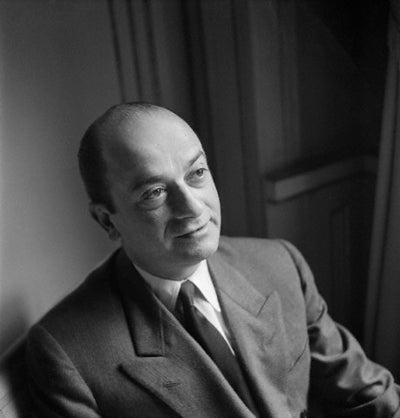
Jean Dessès worked for 12 years for Maison Jane, an early Parisian couture house before going out on his own.
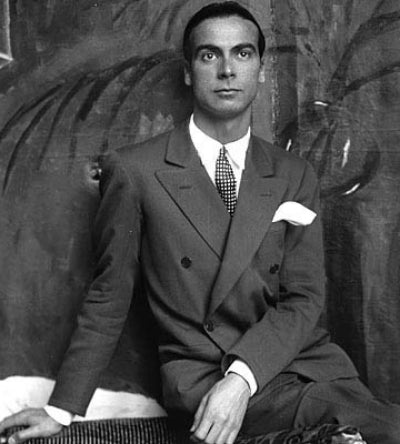
Cristobal Balenciaga was the son of a seamstress, so he spent time around clothing throughout his childhood. Starting at 14 years old, he spent 10 years working as an apprentice to a tailor until he opened his first small boutique.
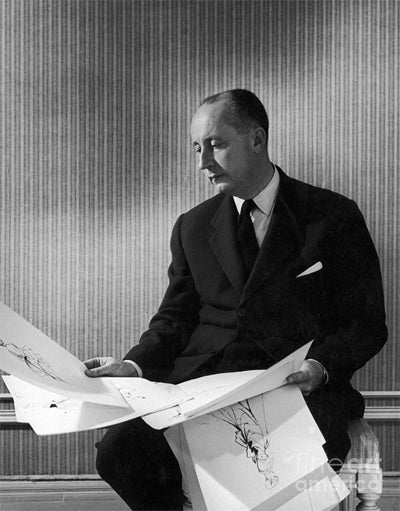
Christian Dior worked for 18 years, starting with selling his sketches on the streets to working for Roger Piguet and Lucien Lelong before he started his own fashion label.
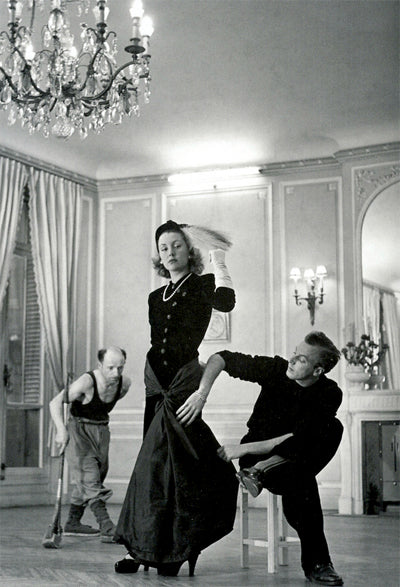
Jacques Fath is one of those rare designers who comes along once in a decade, or century. He was self taught, and learned most of what he knew from the art world and from books. Though he didn't have an official "mentor", he was a mentor to other designers and if he hadn't died at a young age, he would have surely continued to be a powerful fashion force.
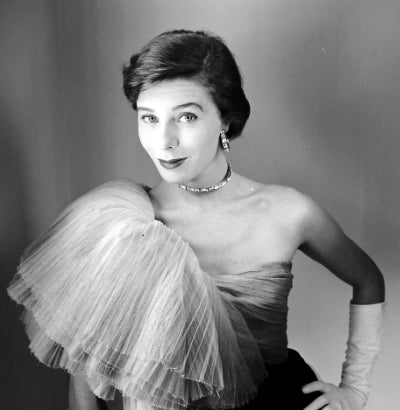
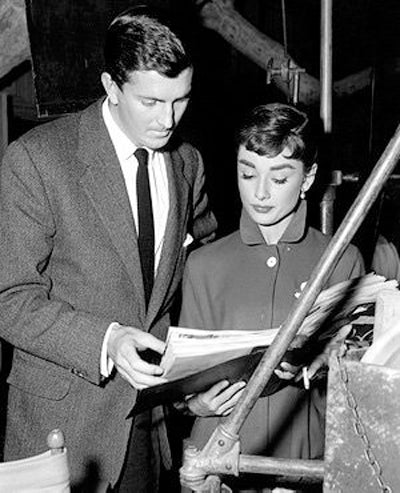
Hubert de Givenchy worked for Jacques Fath ,Robert Piguet Lucien Lelong and Elsa Schiaparelli for years before he started his label.
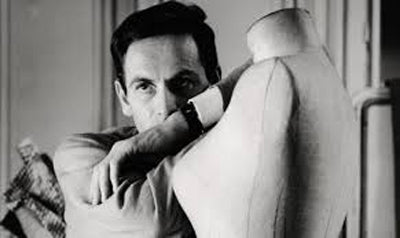
Pierre Cardin worked as an apprentice, starting at age 14, to a seamstress and then went to work for a tailor. He was rejected by Balenciaga, but worked for Elsa Schiaparelli and Christian Dior He worked for 14 years before opening his own design house.
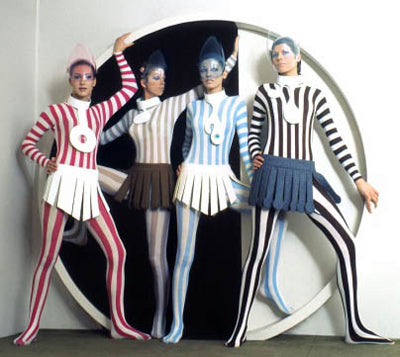
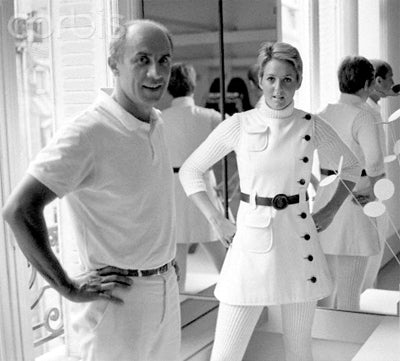
Andres Courreges worked for other designers including Jeanne LaFaurie and Balenciaga for 12 years before starting his own line.

Yves Saint Laurent , in spite of his obvious genius, might be considered to have had the most "charmed life" in terms of the luck in his fashion career - meeting all of the right people at the right time to become an apprentice to Dior, becoming the youngest designer at Christian Dior upon Dior's untimely death, etc. But that lack of experience took it's toll on his personal life and perhaps contributed to the lifelong insecurities that plagued his life.
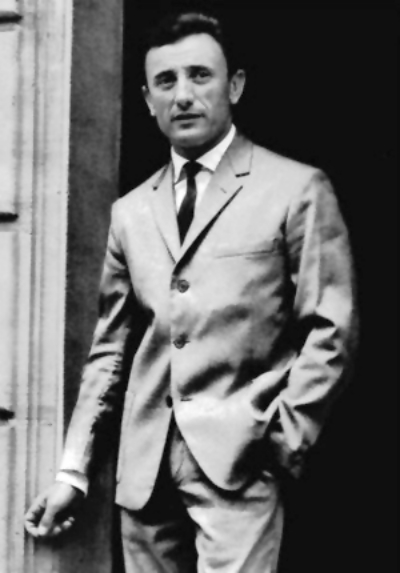
Guy Laroche worked for years as a milliner and then went to work for Jean Desses as an assistant, for 7 more years before he began his own label.
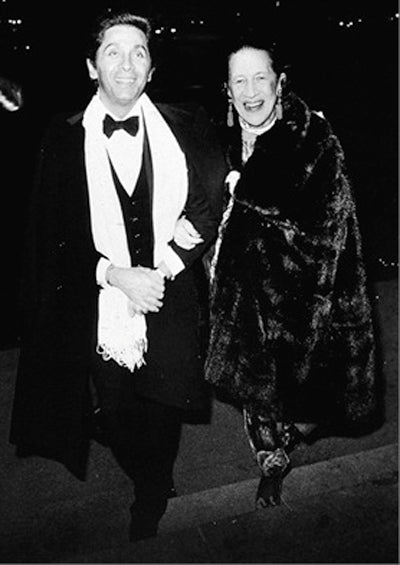
Valentino Garavani, after being turned down by both Balenciaga and Jacques Fath, accepted an apprenticeship with Jean Desses and then went on to work for Desses' former assistant, Guy Laroche . It took him 10 years before he started his own business and even though he faced possible bankruptcy at one point, he worked consistently and patiently to make one of the most successful fashion houses of all time.
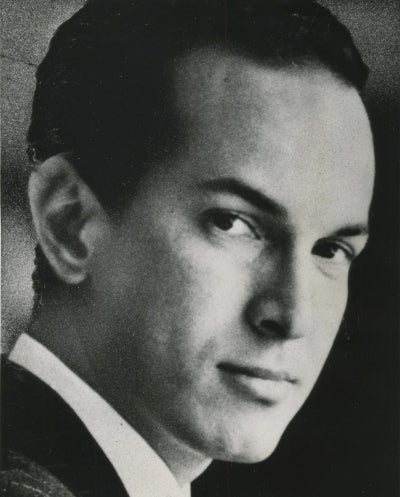
At the age of 18, Oscar de la Renta went to Madrid to study art and eventually was accepted into an apprenticeship with the master designer Cristóbal Balenciaga.. He was also an assistant to Antonio Castillo at Lanvin in Paris before ever starting his own label.
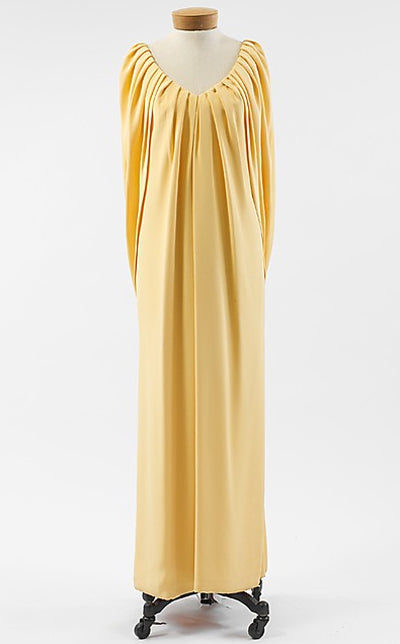
You would never see a Pinterest Board called; "Long-Suffering" or "Sacrifice." No one wants to say that they are on the slow track to success. But these designers knew something that we have forgotten. It takes a little luck, a huge amount of talent, a few failures, and lot of hard work backed by perseverance, and above all, patience to be a true success.

